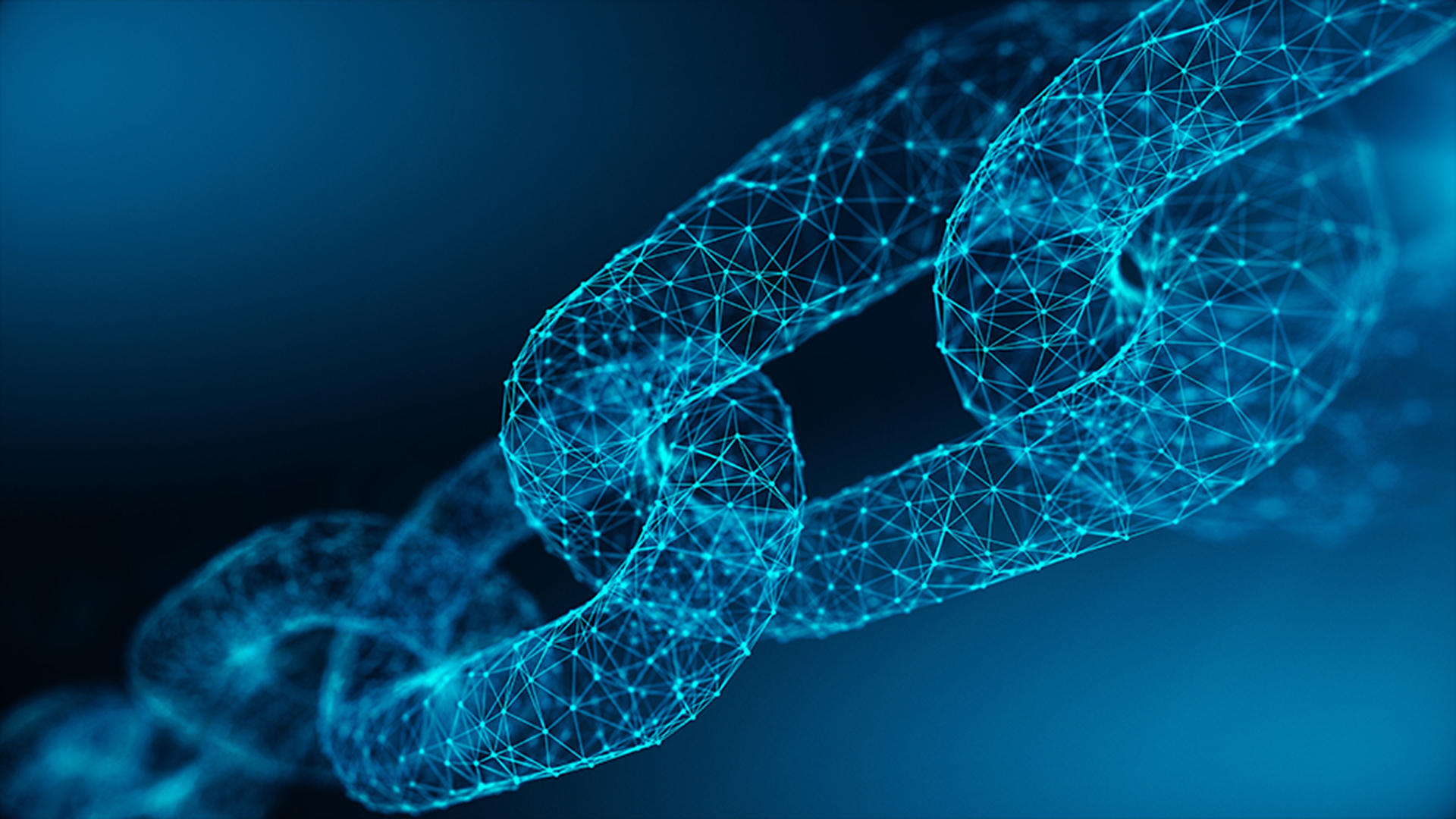Two seemingly unrelated recent developments in the world of blockchain are now posing the same odd question: Can there be law without people?
Blockchain technology has enabled a world of “smart contracts”—programs stored on the blockchain that automatically run and carry out predetermined tasks when predetermined conditions are met. These smart contracts are often integrated with so-called decentralized autonomous organization (DAOs), loose groups of tokenholders who effectuate decision making through software protocols.
Can DAOs, natural persons or other legal entities be held legally responsible when outcomes that are caused or enabled by those “smart contracts” are ones that society seeks to prevent and hold unlawful? Or is no one legally responsible, so that whatever these “smart contracts” might do is simply beyond the power of the institution of the law to remedy or prevent?
Robert A. Schwinger explores recent developments in this edition of his New York Law Journal Blockchain law column.
Download the full New York Law Journal article, "Can there be law without people?"




